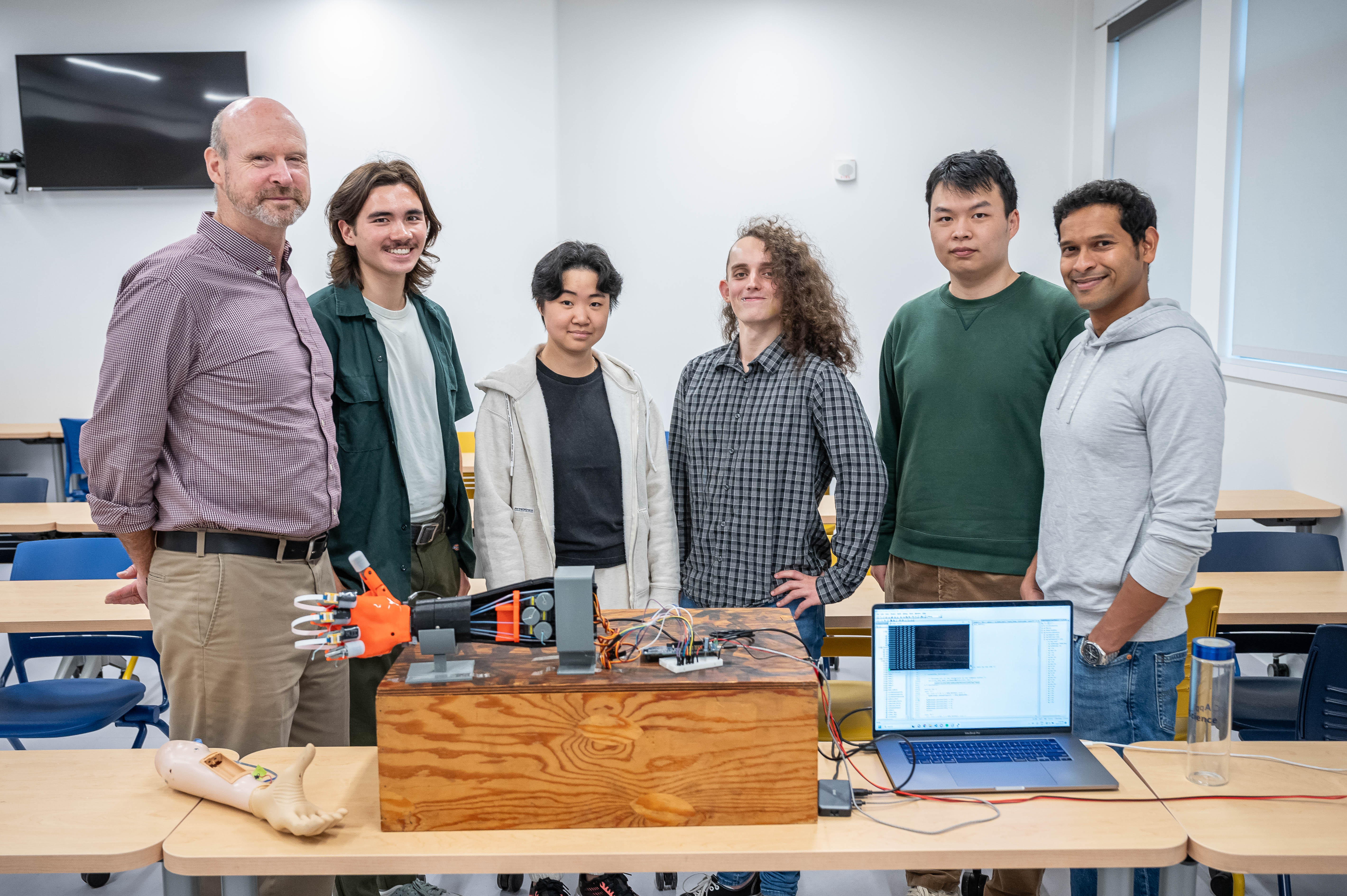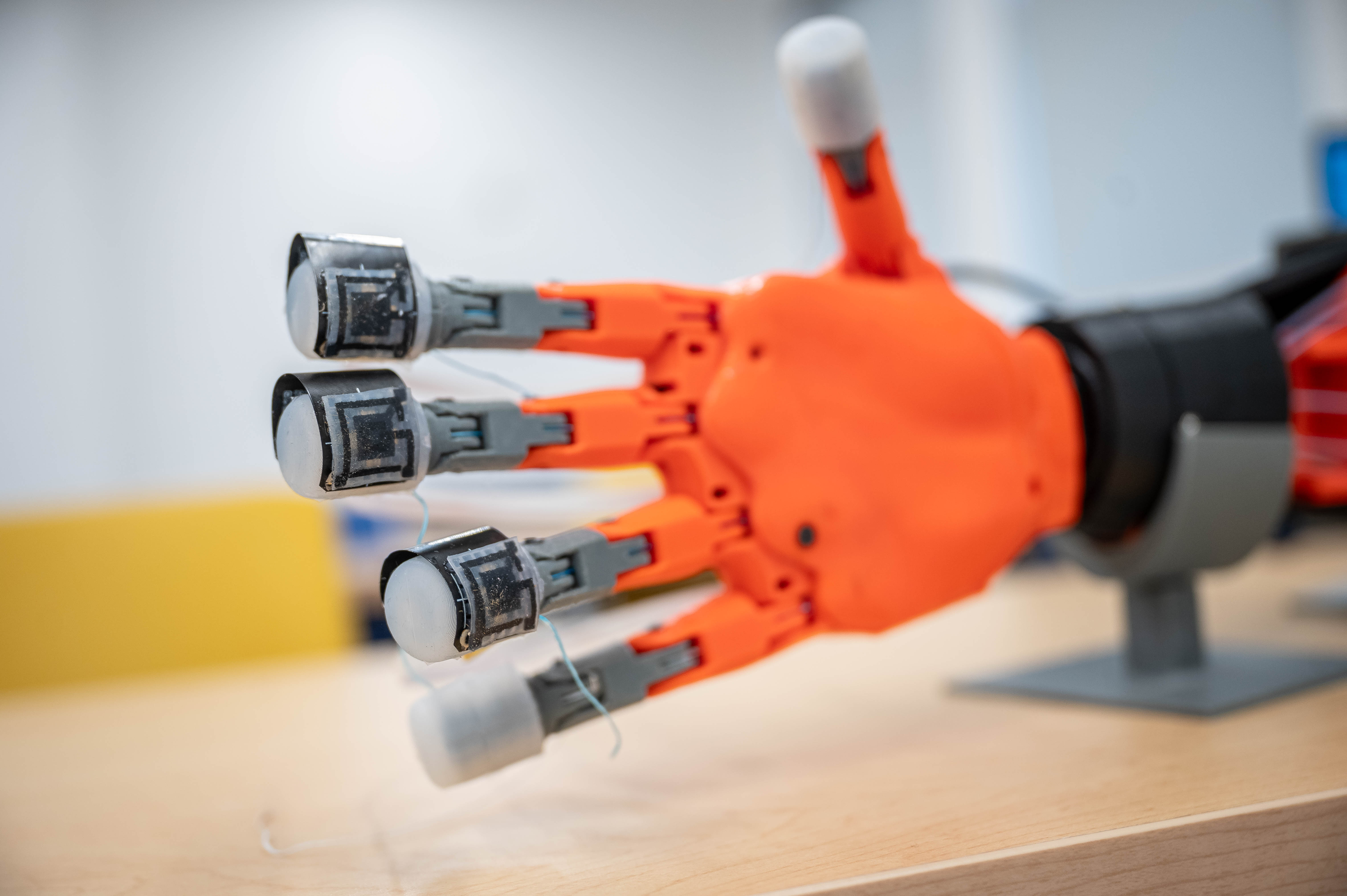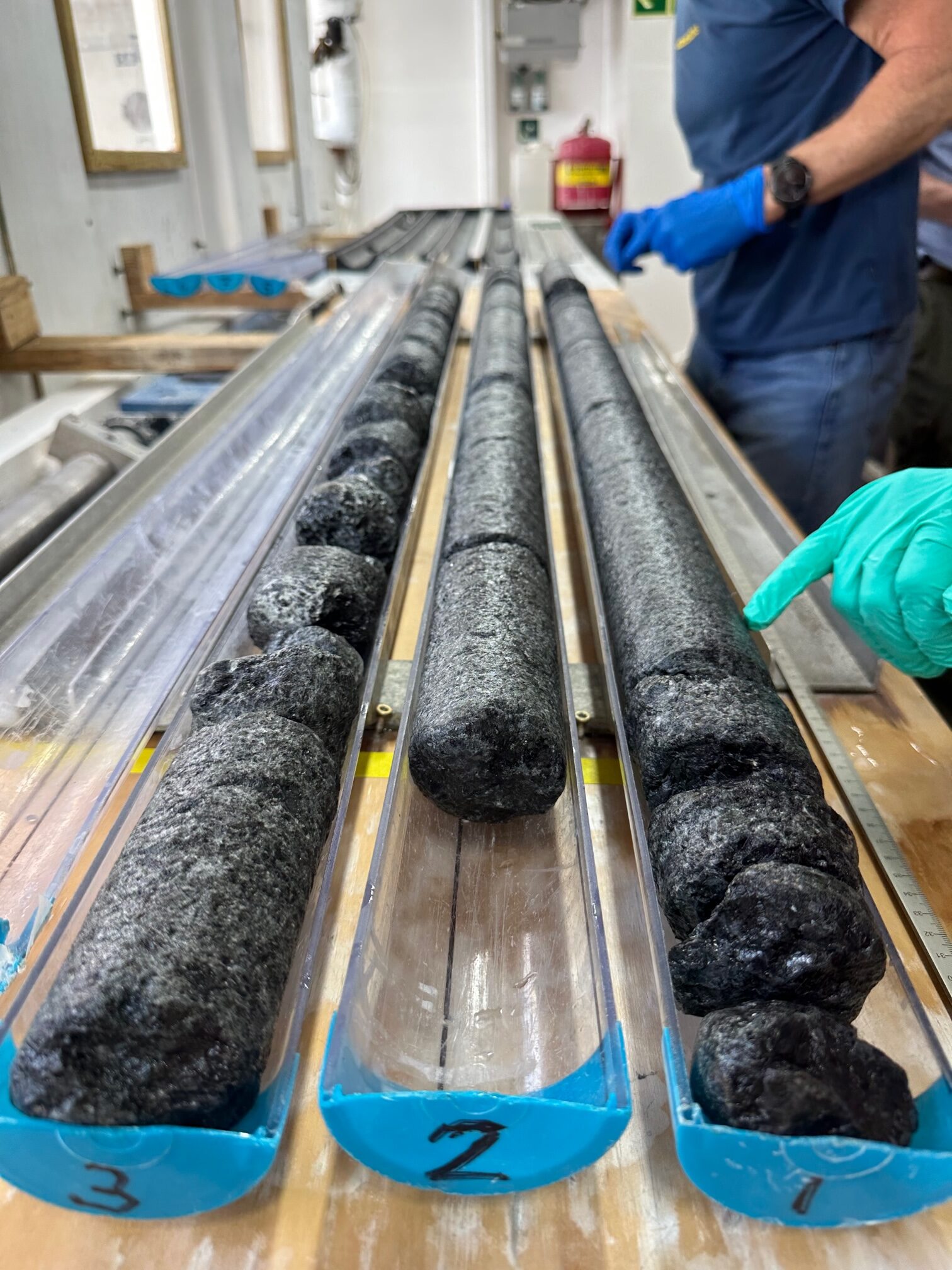In continued efforts to improve robot’s capabilities and reliability, researchers from University of British Columbia and Honda have created a new soft sensor enabling robots to have a sense of touch and dexterity.
The innovative sensor is useful in robotics and prosthetics. It can be put on a robotic limb or prosthetic arm to give them the ability to feel and move in a delicate way. Tasks that were once difficult for machines, such as picking up fragile fruits, can now be accomplished effortlessly.
Not only does the sensor enhance functionality, but it also provides a human-like feeling, which ensures safer interactions between humans and machines while also creating a more lifelike experience.
Dr. Mirza Saquib Sarwar, one of the authors of the study, explained that the sensor can sense different forces. For instance, the arm can securely hold delicate objects like an egg or a glass of water without causing any damage or dropping them.

The sensor’s composition primarily consists of silicone rubber, the same material used in creating realistic skin effects in movies. Its unique design allows it to mimic the natural behavior of human skin by buckling and wrinkling.
Distinguishing itself from conventional touchscreens, the new sensor employs weak electric fields to detect objects even at a distance. Moreover, its supple nature enables it to detect forces both into and along its surface. This distinctive combination is what sets this technology apart and makes it suitable for robots that come into contact with humans.
The UBC team collaborated with Frontier Robotics, Honda’s research institute, to develop the technology. Honda has been at the forefront of humanoid robotics since the 1980s and has created renowned robots like ASIMO.
Ishizaki Ryusuke, one of the lead authors and chief engineer at Frontier Robotics, expressed their satisfaction in working with Dr. Madden’s lab, which specializes in flexible sensors and aims to develop tactile sensors for robots.
The researchers emphasize that their new sensor is practical and scalable. Its simple fabrication process will allow for easy scaling and mass production.
Dr. Madden added that sensors and intelligence are enabling machines to work alongside humans in various settings. However, there is still room for improvement as human skin possesses far more sensing points than current technology allows.







